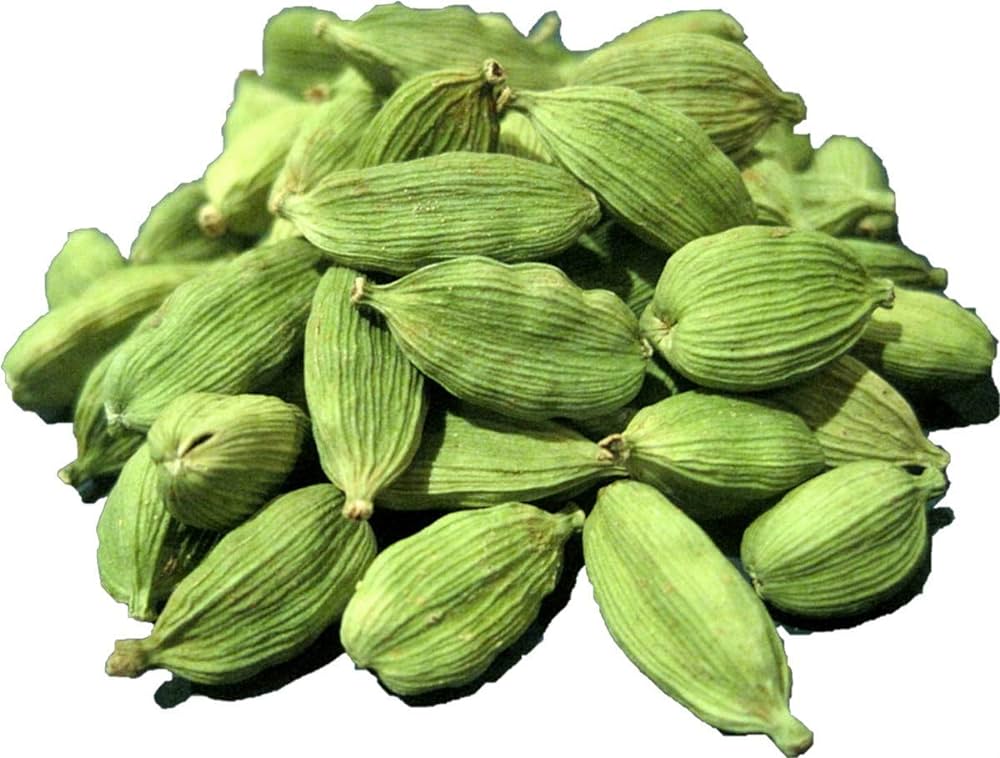
Cardamom (Elettaria cardamomum), often referred to as the “Queen of Spices,” has been extensively studied for its potential health benefits. Here are some key points that might be useful for your research paper:
- Antioxidant Properties: Cardamom contains bioactive compounds such as 1,8-cineole and α-terpinyl acetate, which exhibit strong antioxidant activities. These compounds help in reducing oxidative stress, which is linked to various chronic diseases.
- Anti-inflammatory Effects: Cardamom has been shown to possess anti-inflammatory properties, which can help in managing conditions like arthritis and other inflammatory diseases.
- Digestive Health: Traditionally, cardamom has been used to alleviate digestive disorders. It can help in reducing bloating, gas, and other gastrointestinal discomforts.
- Blood Glucose and Lipid Regulation: Some studies suggest that cardamom may help in regulating blood glucose levels and improving lipid profiles, making it beneficial for individuals with diabetes and high cholesterol.
- Antimicrobial Activity: The essential oils in cardamom have demonstrated antimicrobial properties, making it effective against a range of bacteria and fungi.
- Potential Neuroprotective Effects: Preliminary research indicates that cardamom may have neuroprotective effects, potentially aiding in the prevention of neurodegenerative diseases.